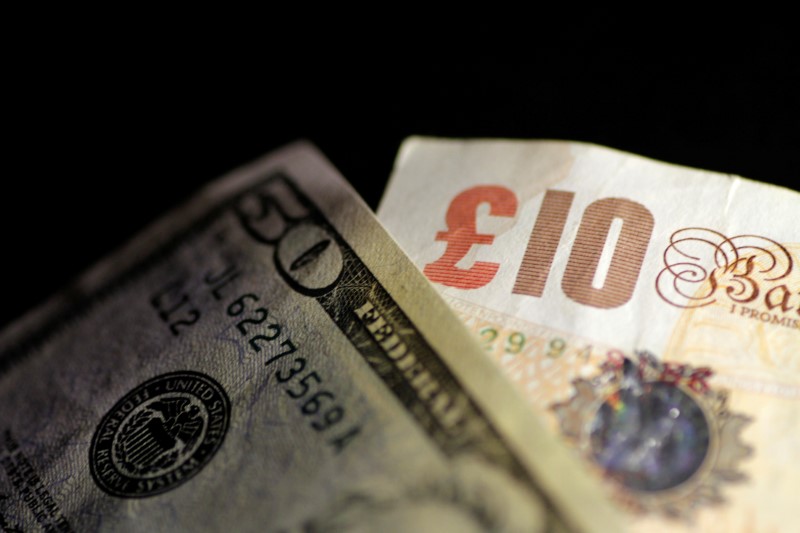
At 04:25 ET (08:25 GMT), the Dollar Index, which tracks the greenback against a basket of six other currencies, traded 0.1% higher to 100.410, having fallen to a more than 12-month low in the previous session.
The US central bank started its latest rate-cutting cycle on Wednesday, trimming interest rates for the first time since March 2020 by a hefty 50 basis points to a range of 4.75% to 5%.
Fed Chair Jerome Powell said that risks between higher inflation and more labor market weakness were now evenly balanced, and that the central bank was likely to cut rates further amid growing confidence that inflation will fall.
But Powell also said that the bank had no intention of returning to an ultra-low rate regime as seen during the pandemic, and that the Fed’s neutral rate will now be much higher than seen in the past.
“Where does the Fed’s decision leave the dollar,” analysts at ING ask, in a note. “In our view, still in a softer position compared to most developed market peers. Powell tried to mitigate the dovishness of the outsized rate cut, but that it would be hard to fight the perception that it was the dovish market pricing that pushed the Fed over the line for the 50bp move. If the Fed is perceived as unwilling to disappoint market expectations, investors may continue to prefer erring on the dovish side.”
Attention turns to the release of the weekly jobless claims data, for the latest clues over the health of the important labor market.
In Europe, GBP/USD rose 0.3% to 1.3253, after climbing to 1.3298 in the previous session, its strongest level since March 2022.
The Bank of England meets later in the session, and is expected to hold its key interest rate at 5%, after kicking off its easing with a 25-bp reduction in August.
“The inflation picture simply hasn’t improved enough to warrant more easing just yet,” said ING.
UK consumer prices came in at 2.2% on an annual basis last month, close to the bank’s medium-term target, but services inflation is running hot at an annual 5.6%.
EUR/USD traded 0.3% higher to 1.1149, not far from the three-week high hit in the previous session.
The European Central Bank cut rates for the second time this year last week, but a degree of uncertainty exists over when the next move will be.
Eurozone inflation is still not as low as the ECB would like, Bundesbank President Joachim Nagel said on Wednesday, so interest rates need to remain sufficiently high to resolve price pressures.
While inflation fell to 2.2% in August and may fall even closer to the ECB’s 2% target this month, it will likely rise again towards the end of the year and could end 2024 around 2.5%.
USD/JPY rose 0.3% to 142.75 as traders also positioned for no changes to local interest rates after a BOJ meeting on Friday.
The central bank is widely expected to keep rates unchanged, but could still signal future rate hikes on an elevated outlook for inflation.
Japanese consumer inflation is also due on Friday.
USD/CNY traded 0.2% lower to 7.0698, ahead of a loan prime rate decision by the People’s Bank of China on Friday. The central bank is expected to leave this key rate unchanged.
To read the full article, Click Here
